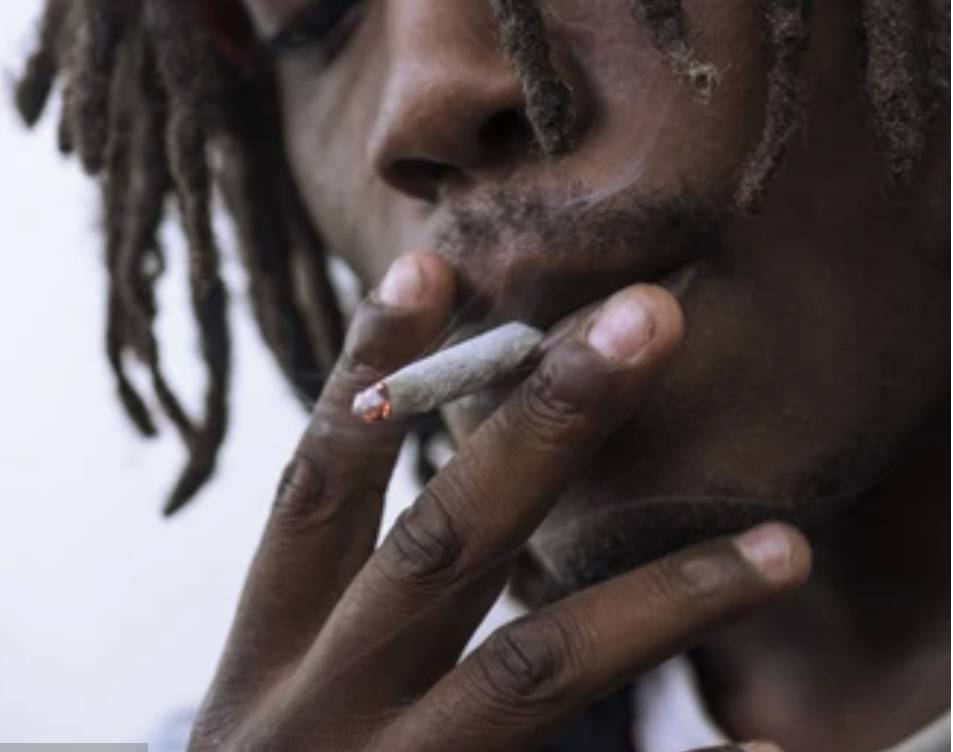---
The Central Region of Ghana is celebrated for its coastal beauty, historical landmarks, and educational excellence. Yet beneath this rich cultural fabric lies a growing crisis—illicit drug use, particularly among young people. It’s a problem that doesn’t make daily headlines but is steadily eroding the foundation of families, schools, and communities.
*The Scope of the Problem*
According to recent reports, about *1,700 individuals in the Central Region* are involved in drug abuse. Nationally, over *35,000 youths between ages 12 and 35*, many of them students, are entangled in the use of illicit substances. While numbers help paint a picture, the real damage goes deeper—into schools, homes, and mental health wards.
*What Are They Using?*
The most commonly abused substances in the region include:
- *Cannabis* – Ghana ranks among the top cannabis-using countries in Africa.
- *Tramadol* – A prescription painkiller that’s being misused for energy boosts or euphoric highs.
- *Codeine Syrup (“Leanâ€)* – Often mixed with soda and candy, making it deceptively dangerous.
-*Synthetic Cannabinoids (“Arizonaâ€, “Black Mambaâ€)* – Lab-made and far more harmful than natural weed.
These substances are easy to access and hard to regulate, especially in communities where awareness and enforcement are low.
*Why the Youth?*
Several factors drive young people into drug use:
- Peer pressure
- Unemployment or job insecurity
- Lack of recreational outlets
- Emotional distress or trauma
The pressure to “belong†or “cope†often leads young people down a dangerous path—one that’s hard to reverse without support.
*The Toll on Health and Society*
Beyond addiction, drug abuse contributes to:
- *Mental health disorders*
- *Academic decline*
- *Family conflicts*
- *Increased risk of crime and violence*
In 2023 alone, Ghana recorded over *5,500 drug-related mental health cases*, most affecting those aged 20 to 34.
*Where's the Help?*
While hospitals like *Ankaful Psychiatric Hospital* offer some services, treatment centers are limited. Many users don’t seek help due to stigma, cost, or lack of information. The *Mental Health Authority’s helpline (0800 678 678)* is a step forward, but a lot more needs to be done.
*What Can Be Done?*
- *Awareness campaigns* in schools and communities
- *Youth-friendly rehab centers*
- *Tighter control* over pharmaceutical drugs
- *Parental and peer support systems*
Tackling this issue requires a united front—from local leaders to educators, health workers to parents.
*Final Thoughts*
Illicit drug use in the Central Region isn’t just a personal issue—it’s a social emergency. If we don’t act now, we risk losing an entire generation to substances that offer temporary escape but permanent damage.
*Let’s talk about it. Let’s act on it. Before it’s too late.*
---


